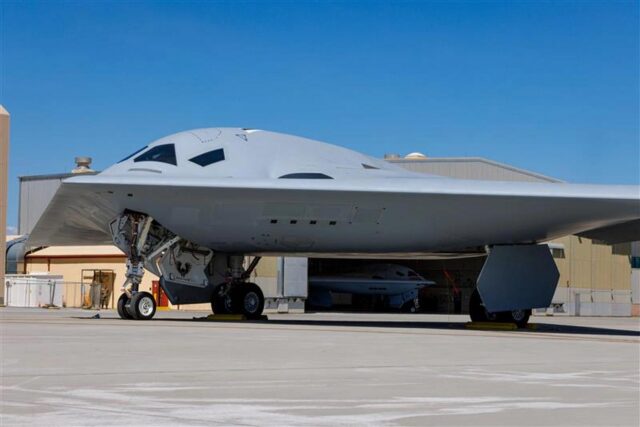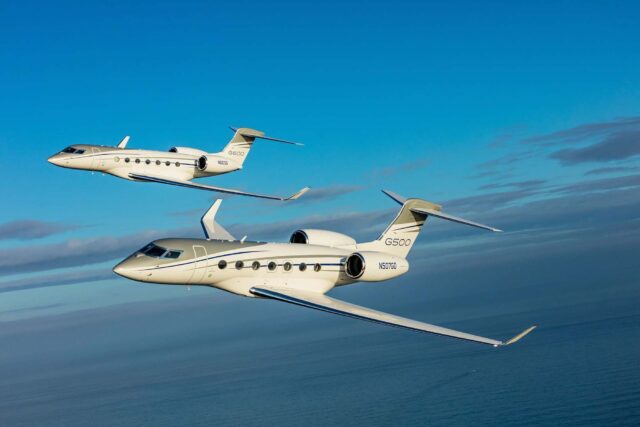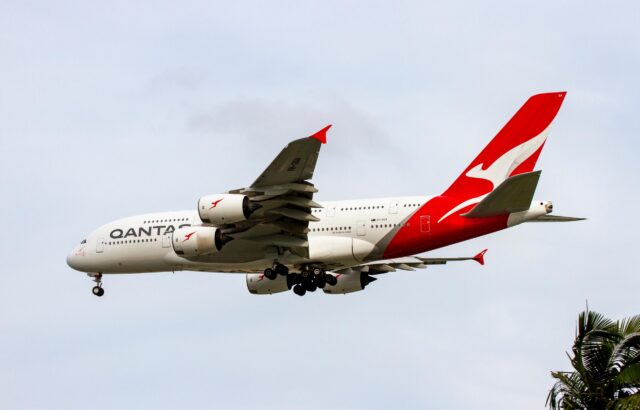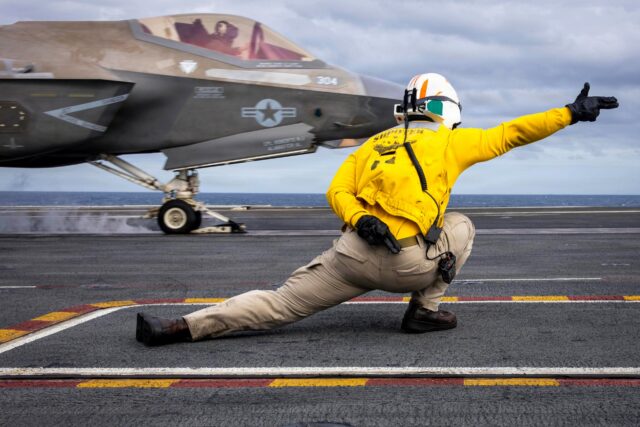Bombardier’s $1.7bn private jet mystery customer revealed: What we know about BOND

October 16, 2025

In June, Canadian aircraft manufacturer Bombardier announced a huge order for new business jets. The deal, valued at $1.7 billion, was groundbreaking given its substantial value.
However, the agreement itself was made even more remarkable in that the identity of the customer was kept under wraps at the time of the announcement. Now that the customer’s identity has been revealed, a shake-up of the fractional jet ownership market appears imminent.
BOND: A new entrant in the fractional jet market
Fort Lauderdale-based BOND is to become a new player in the fractional ownership space, currently dominated by companies such as NetJets, FlexJet, and VistaJet.
Founded by the former CEO of Van Nuys-based fractional company Jet Edge, BOND is set to take on its bigger rivals with its new fleet of mid-size jets starting in 2027.
The announcement for the order of the 50 new aircraft was made in July by Bombardier, when it was also revealed that the order would be split between the company’s Global 6500 and Challenger 3500 aircraft models.
However, no specific numbers were disclosed as to the exact split between the two models at the time.

In addition to the firm order, the mystery purchaser also reserved options on a further 70 aircraft, plus signed a first-of-its-kind maintenance support agreement with Bombardier.
As reported by Aerospace Global News at the time, if all options are exercised and the value of the maintenance contract is included, the entire value of the transaction would exceed $4 billion.
How BOND plans to use $4bn of Bombardier private jets
BOND is the brainchild of Bill Papariella. Papariella previously founded Jet Edge and built the business into the eighth-largest fractional jet ownership company before it was acquired by Swiss-based competitor Vista Global for a reported $750 million in 2022.
Now, Papariella has paired up with Kohlberg Kravis Roberts & Co (KKR), a global private equity investment firm (and his former financial partners at Jet Edge), to kick-start BOND.
According to Private Jet Card Comparisons, in addition to securing launch capital $320 million from KKR, there is also $30 million of equity funding invested in BOND from a group of founding partners.
BOND aims to operate the first fully super-midsize and large-cabin fractional fleet, with no small light business jets in its fleet, unlike its main rivals.

Each aircraft will be limited to ten owners, and each will be staffed by a full-time flight attendant on every flight.
Aircraft use will be reserved only for fractional owners rather than holders of jet-card schemes, who buy flight time only rather than a share in the aircraft itself.
BOND is also promising prospective future clients “standby capacity, increasing reliability, with reserved aircraft pre-positioned to cover peak customer demand.”
What BOND’s CEO says about the startup
Speaking on 14 October at the NBAA-BACE exhibition held in Las Vegas, where BOND was revealed as Bombardier’s mystery customer, BOND’s Chairman and Group CEO Bill Papariella added that the company’s model is “built for the select few who expect service perfection every time they fly.”
“We created Bond to deliver on the promise of what private aviation always was meant to be – personalised, predictable and with exceptional levels of service,” said Papariella. “As someone who has spent their career in private aviation, I’m excited to have the best planes in the world to offer to our customers at BOND.”
The partnership with Bombardier builds on a long-standing professional relationship that stretches back many years. Having previously worked in the aftermarket space at Jet Edge, he said he had witnessed firsthand the culture, consistency, and service mindset that make Bombardier stand out in business aviation.

He described the new relationship not merely as a commercial agreement, but as a meeting of shared values and a mutual commitment to redefining reliability and care in private aviation. The strong response from capital markets to the announcement in June, he added, had only reinforced that conviction.
“What we’re building with BOND,” he explained, “is an evolution of the same vision I began at Jet Edge — that great aviation companies are built around service, and Bombardier is the best in the world to help us deliver on that promise.”
Bombardier’s newest private jet customer
Bombardier President and CEO Éric Martel said BOND’s exclusive choice of the manufacturer’s aircraft and services underscored the strength of their partnership and the trust placed in Bombardier’s people, products, and values. He emphasised that the decision reflected the company’s long-standing commitment to excellence and integrity.
Martel added that Bombardier’s jets are recognised as best in class, supported by a service network consistently ranked number one in industry surveys. Together, he said, these strengths place Bombardier in a unique position to provide BOND with an offering defined by quality, reliability, and predictability of care.
The announcement of BOND’s launch will undoubtedly send ripples through the fractional jet ownership market. The industry is largely dominated by the big three incumbents in the marketplace: NetJets, FlexJet, and VistaJet.

Although BOND says it will concentrate its efforts in a certain segment of the industry linked to aircraft size, its arrival will undoubtedly have some impact on these competitors in the larger aircraft fractional ownership arena.
Continued growth in fractional ownership of bizjets
Fractional jet ownership has experienced significant growth, particularly since the pandemic. The global fractional ownership fleet has expanded by over 65% since 2019 to approximately 1,300 aircraft, according to WINGX.
This growth has been driven by demand for more flexible and cost-effective private aviation options, a trend which is expected to continue with a projected decade of record demand for business aviation.
According to Honeywell’s 2025 Global Business Aviation Outlook report, 20% of business jet operators have at least one aircraft on firm order, up from 17% the previous year.
Meanwhile, fractional ownership is a leading driver of industry growth, with demand particularly high for midsize and super midsize jets.
While North America remains the largest market, demand is also growing in Asia-Pacific and the Middle East. Performance is the most critical factor for purchasers, followed by cost, said the report.
Featured image: Bombardier
















